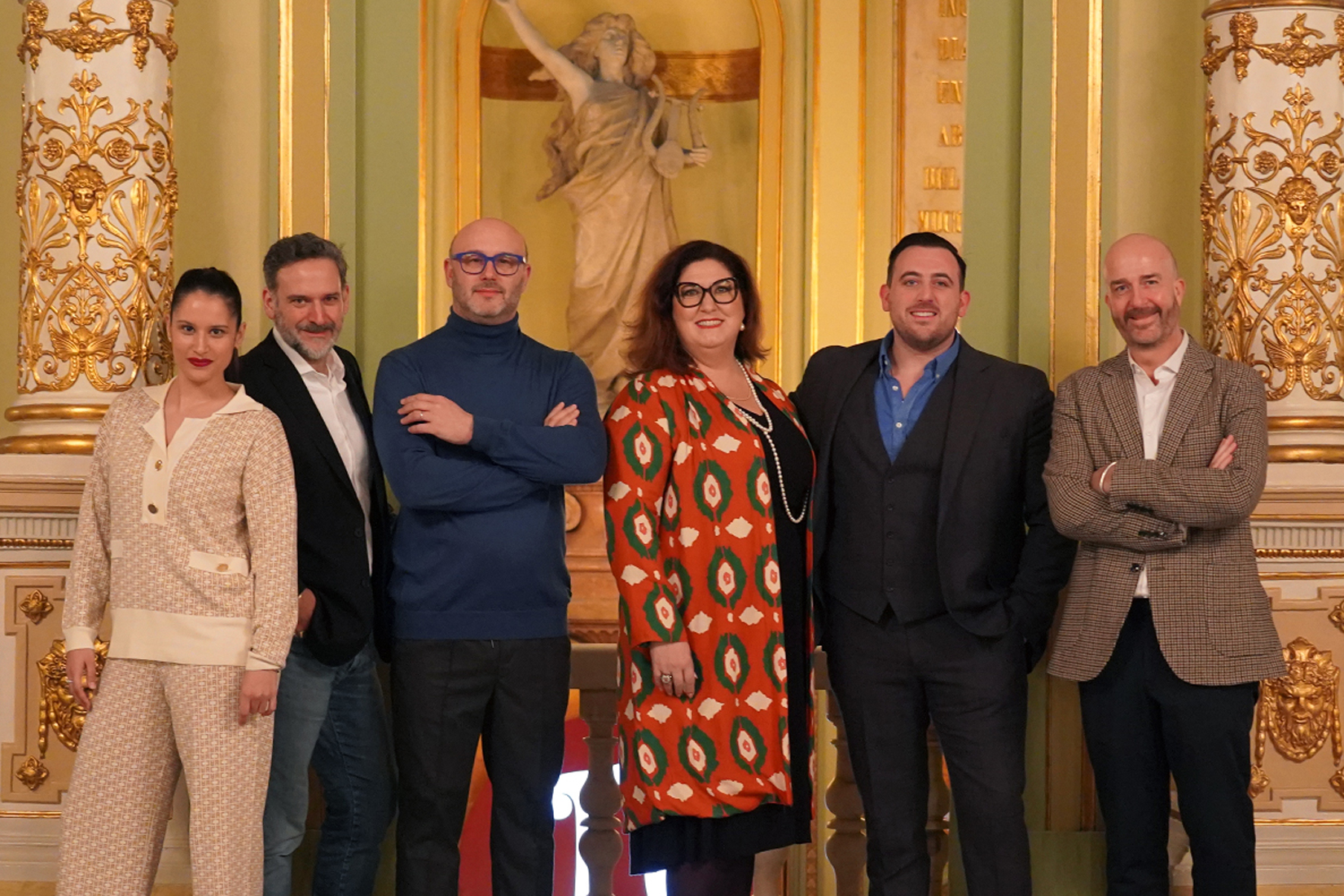
The elegant production by Graham Vick features an impressive cast of lyrical voices and is directed by maestro Riccardo Frizza.
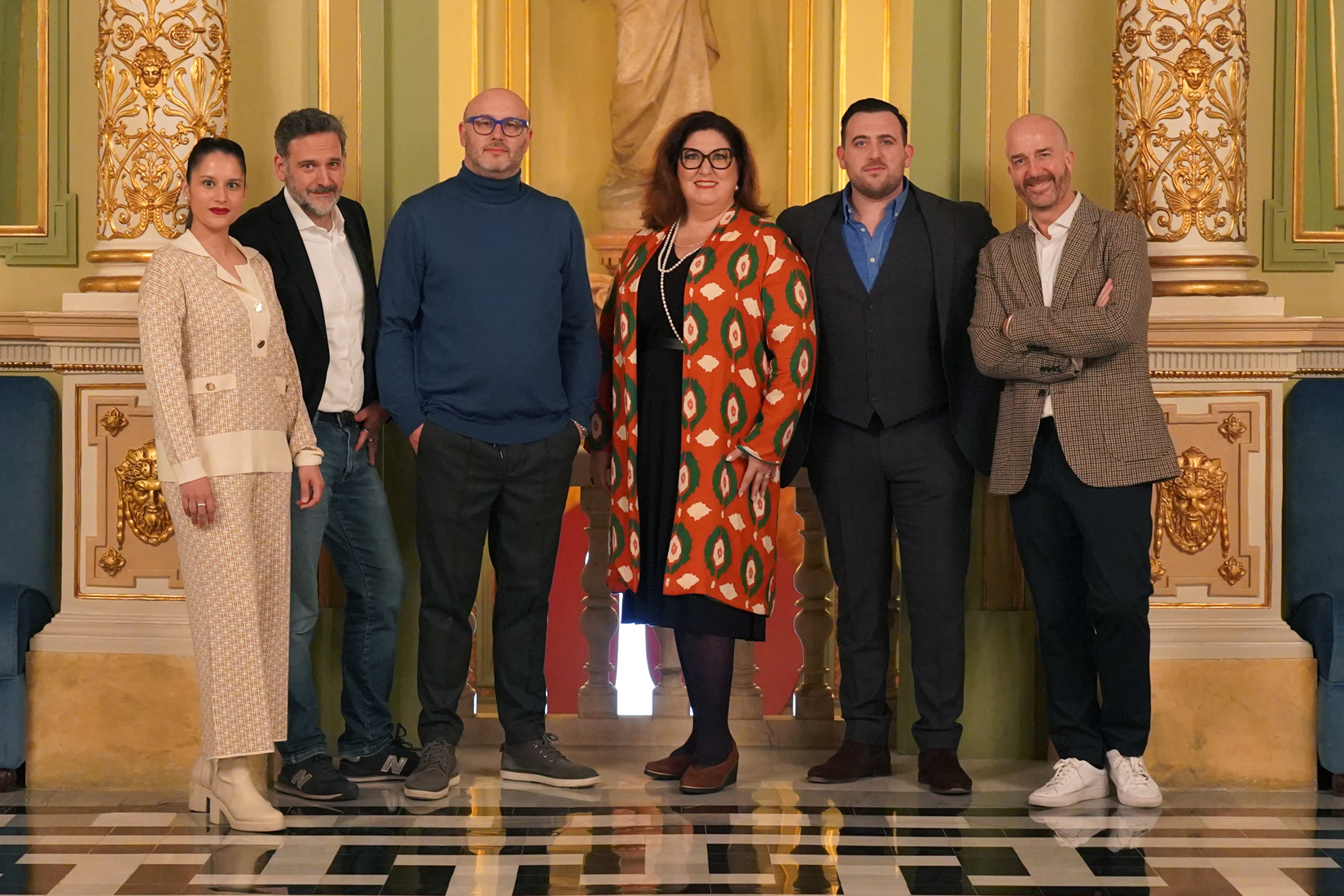
Barcelona, January 30, 2024. The stage of the Gran Teatre del Liceu is filled with mystery with the arrival of Verdi's Un ballo in maschera, which can be seen from February 9 to 20 with a total of 9 performances, plus an exclusive LiceUnder35 session on February 7. Premiered in 1859, Un ballo in maschera is one of Verdi's major works, with a perfect integration of music and drama.
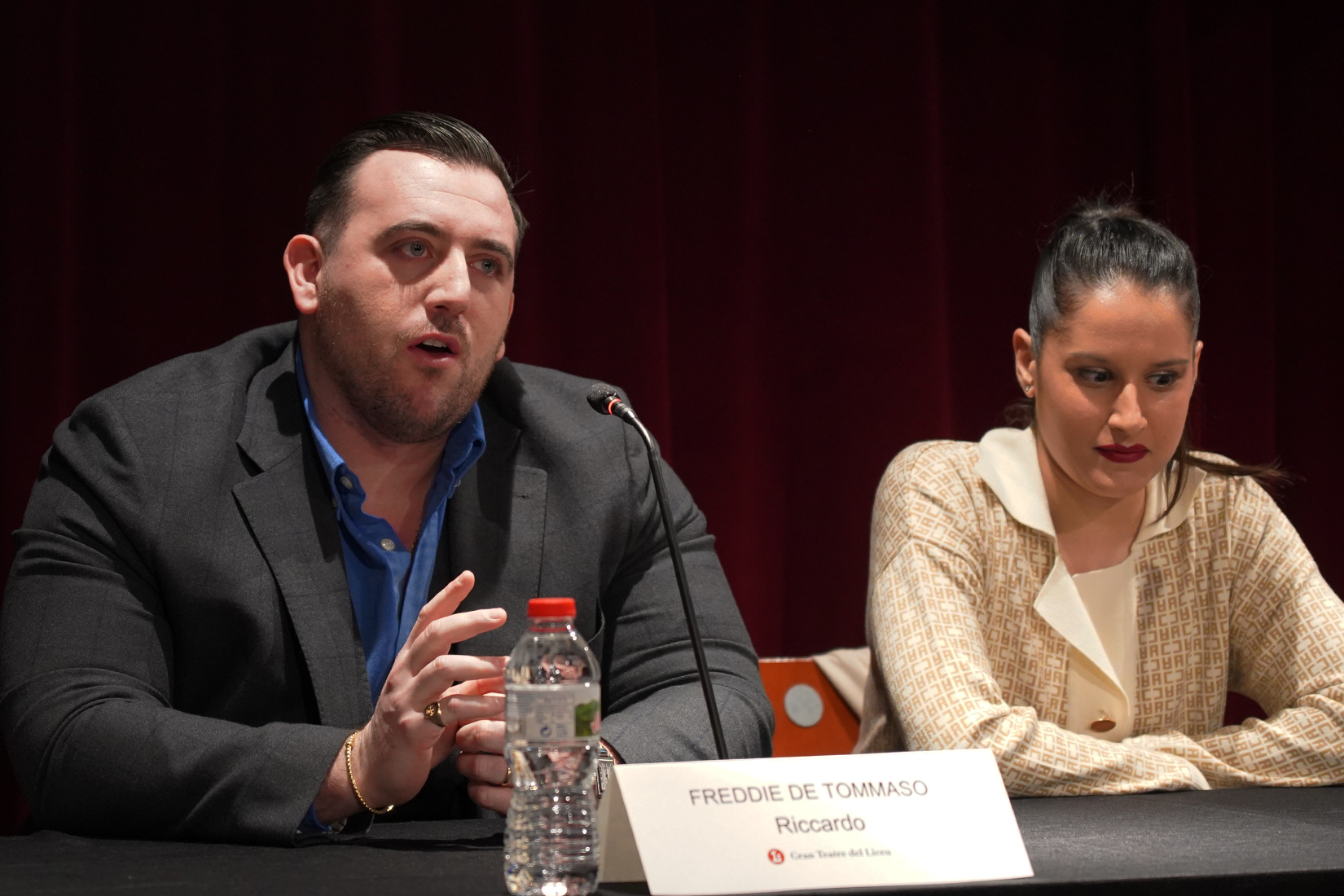
Inspired by a real event —the assassination of King Gustav III of Sweden—, romantic passions emerge here —impossible love, hatred, regret—, with the striking backdrop of a masquerade ball that Graham Vick presented in a colorful and subversive production. Verdi had to go through censorship twice before premiering the opera. Thus, the composer was forced to make significant adaptations and to relocate the plot from Sweden to late 17th-century Boston.
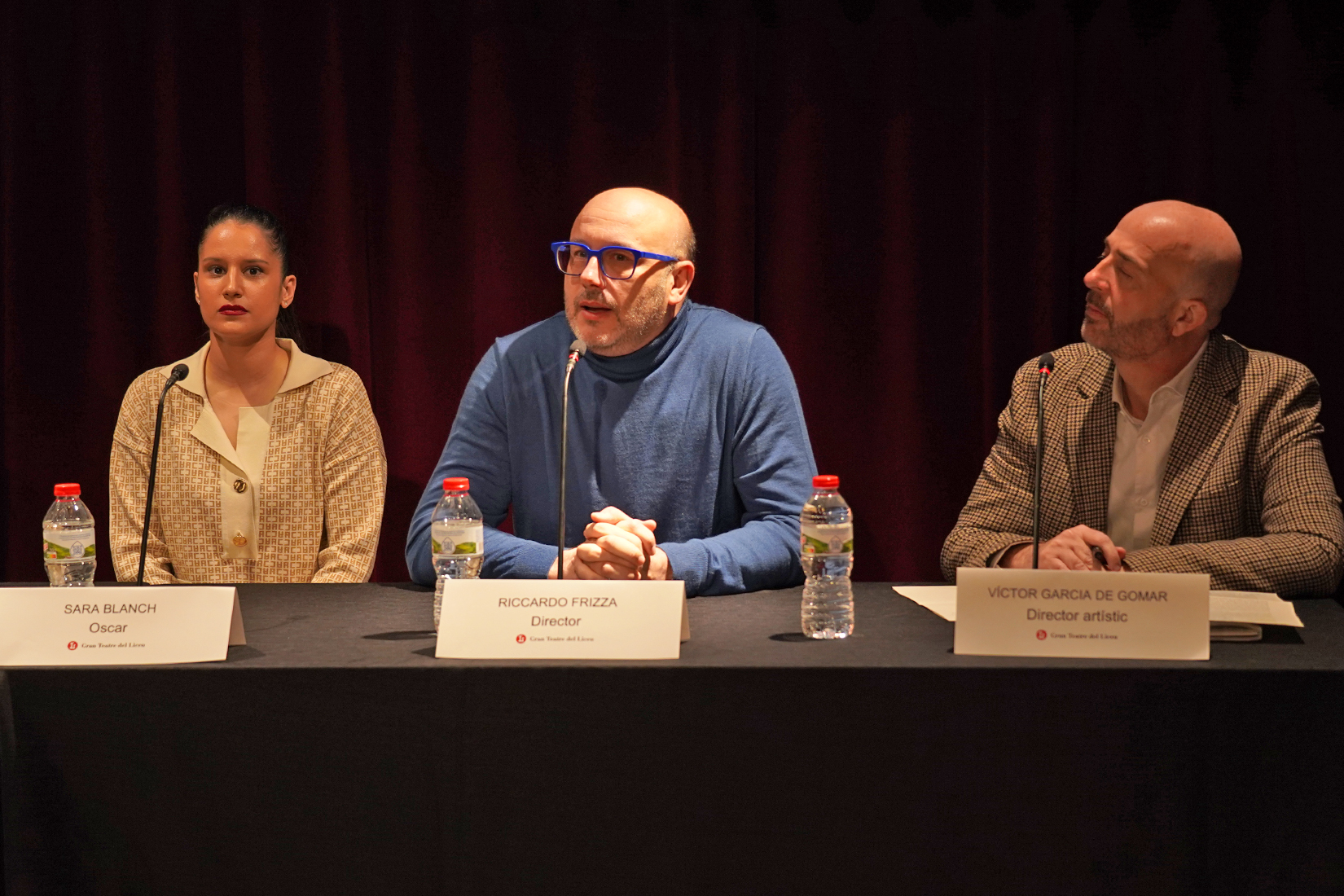
Stage director Graham Vick passed away a few months before the premiere of this production. Jacopo Spirei presents the definitive version of the staging, featuring an impressive cast of lyrical voices and under the direction of maestro Riccardo Frizza. Graham Vick's elegant production suits the thrilling drama of Verdi. This Ballo breaks with traditional codes. A set constructed from a semicircular screen surrounding the background, with a premonitory tomb presiding over the stage, serves as the foundation to depict the tragic destiny in which the torments of the main characters unfold.
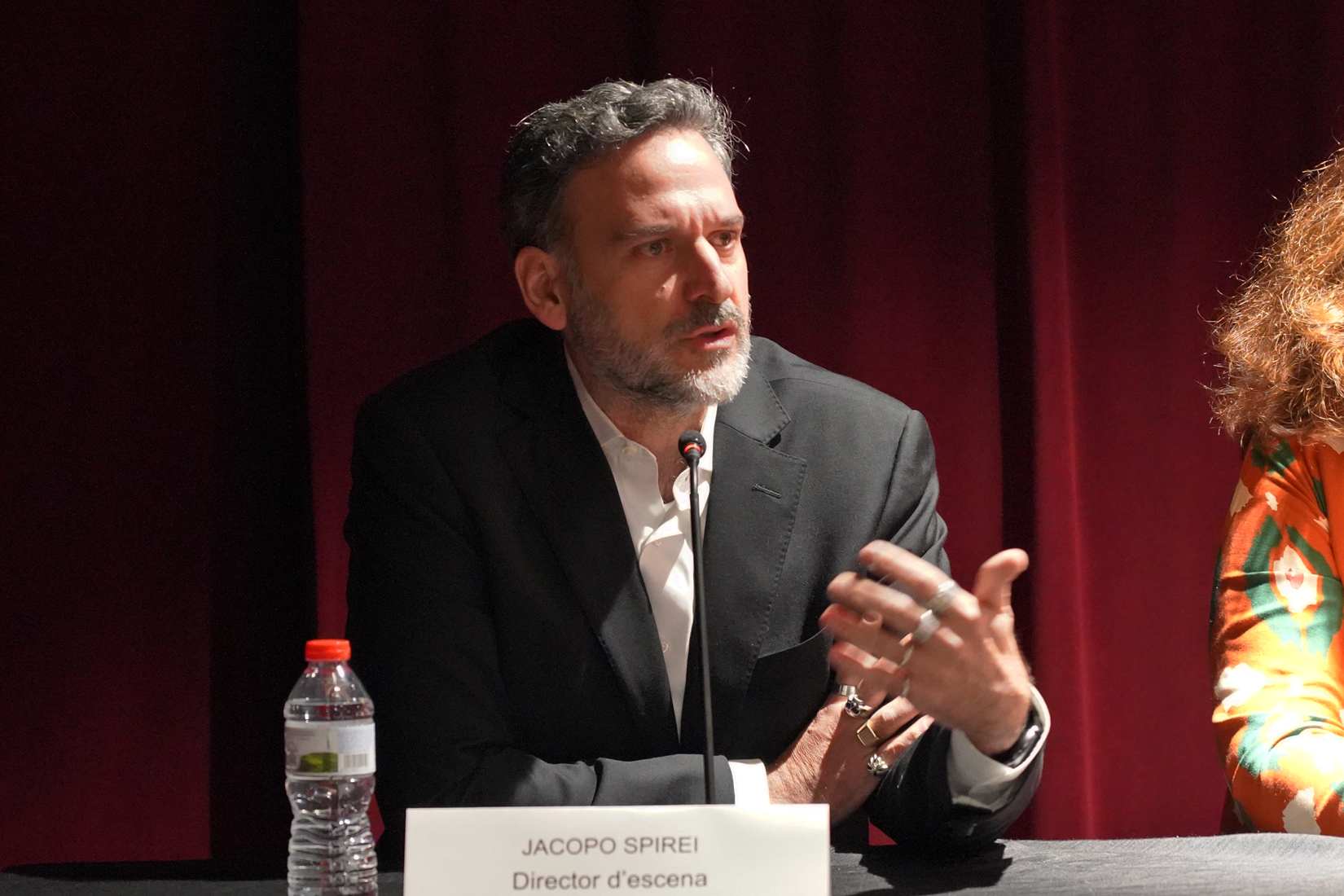
Freddie De Tommaso and Arturo Chacón-Cruz portray Riccardo/Gustav III, the enamored Swedish king, in love with Amèlia (Anna Pirozzi / Saioa Hernández), the wife of Count Anckaström, his best friend and counselor (Artur Ruciński / Ernesto Petti). When the latter discovers the illicit love, he joins a conspiracy to assassinate the king, leading to tragedy. Daniela Barcellona and Okka von der Damerau (Ulrica / Arvidson) embody the medium who prophesies betrayal and the tragic ending. The comedic character of Oscar is played by Sara Blanch and Jodie Devos.
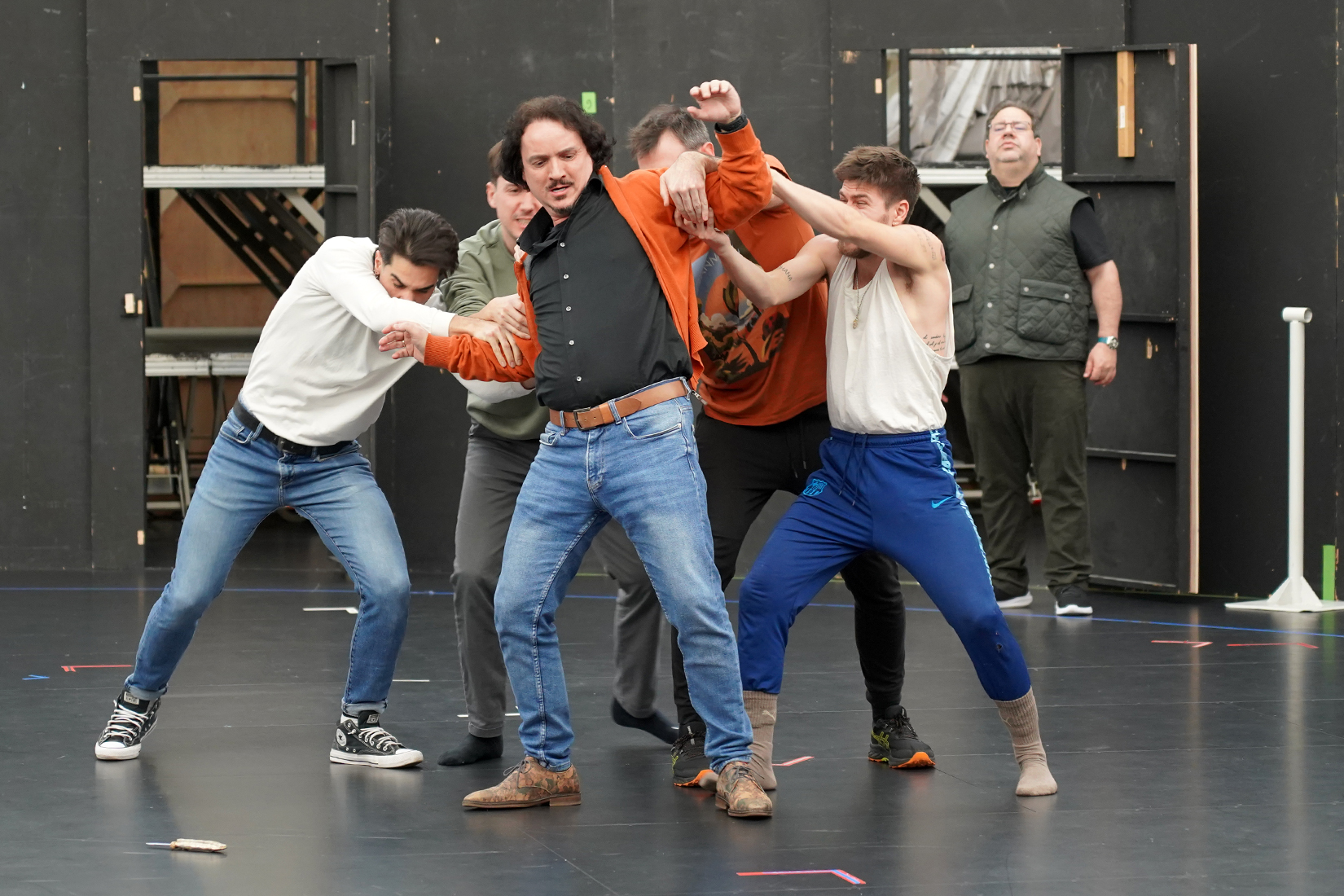
Un ballo in maschera revolves around a conspiracy — a group of men seeks the most effective way to kill another — and the plan will be consummated in a masquerade, where anonymity facilitates the successful execution of such a heinous act. All of this works because the mask is a powerful symbol known to all cultures: it represents the temporary ability of a person or a community to be someone else for a while, to hide and confuse, and thus subvert social order, refusing to comply with the norm and crossing into an alternative reality.
In this case, the result is a gruesome and unjust crime, but we know — through celebrations like carnival or the night of the dead — that the disguise can also be synonymous with joy and connection. The main idea of this project — which Vick could not complete and which his friend and disciple Jacopo Spirei, who is the de facto co-creator of the staging, took over — is that the mask is always present.
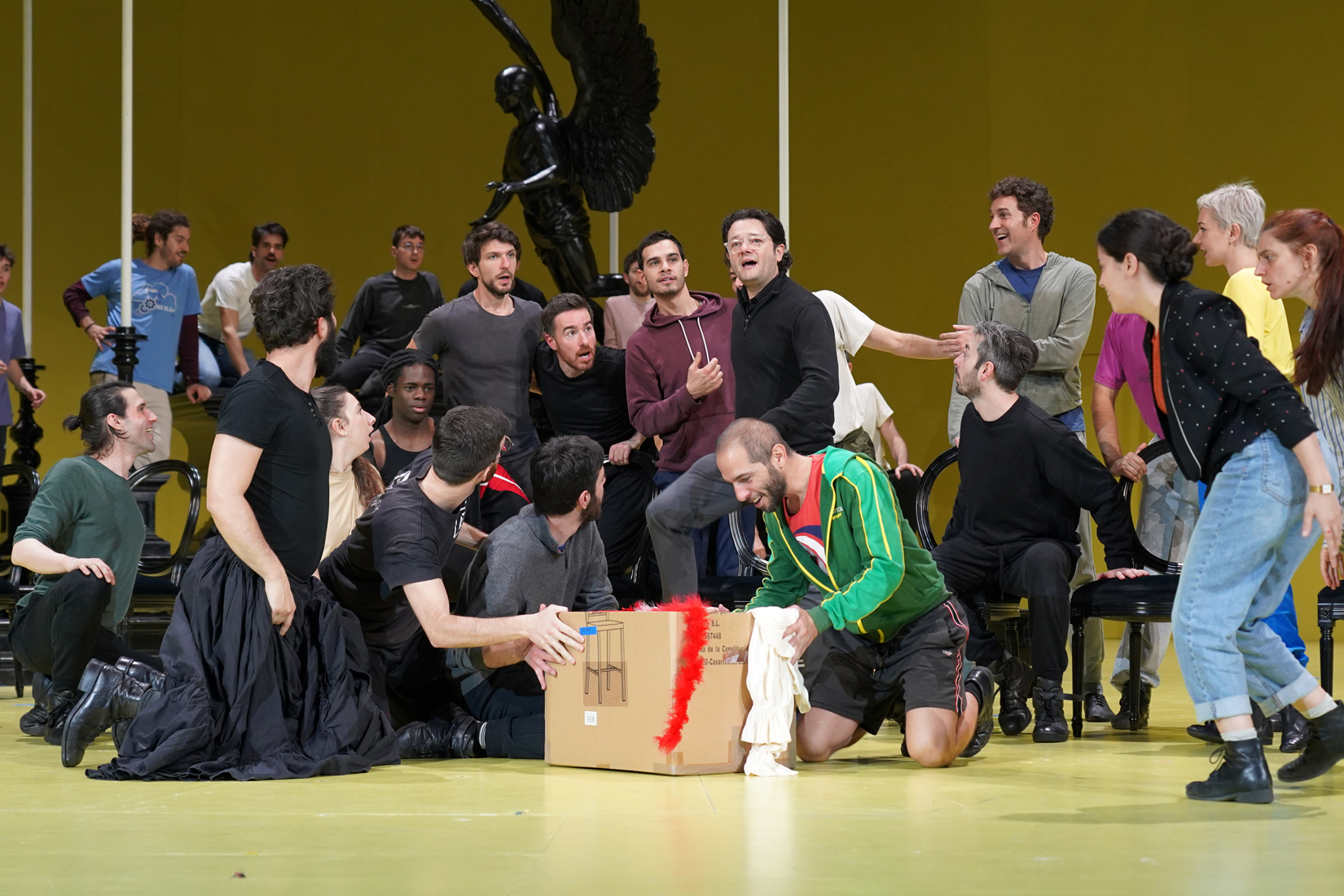
For example, the action begins with the funeral of Riccardo, the protagonist, who dies at the end — the production, therefore, has a circular structure — and we see how those who had wished for his death now cry and lament. Is it genuine sorrow or a lie?
No one in this opera is who they claim to be, everyone has something to hide or regret, and everyone changes their mind: the mask is a temporary reality that affects them without distinctions.
Moreover, Vick introduced another idea: the masquerade — the collective celebration — didn't have to take place only at the end but wherever it was possible at any time. Both at the beginning of the opera and at the end of the first or second act, the stage is filled with extras representing different ways of subverting or hacking reality: androgynous figures, transvestites, comedians, acrobats defying gravity...
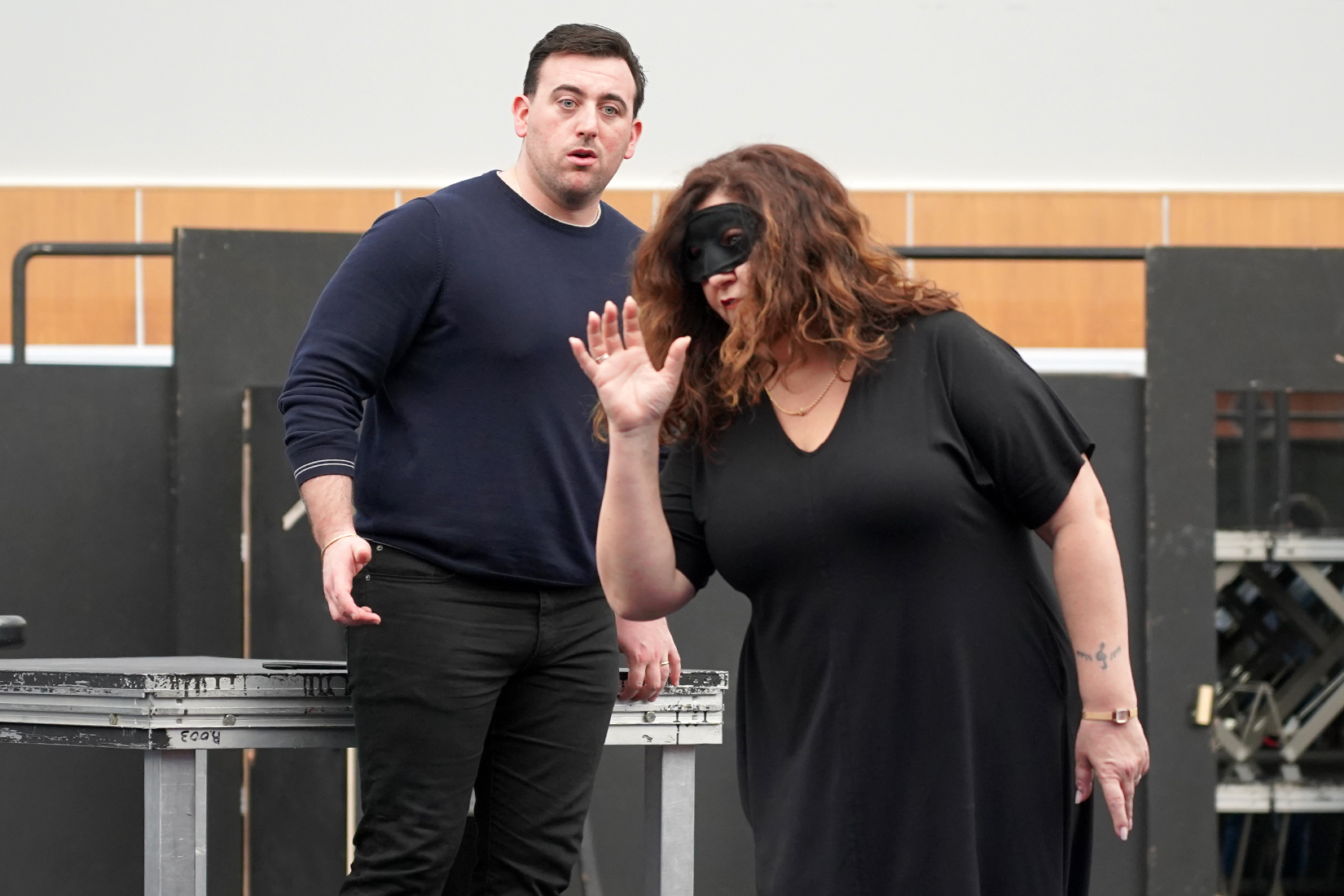
In addition to providing constant dynamism to the action — except in introspective scenes, when the stage is empty — this choreographed movement by Virginia Spallarossa helps to differentiate well between the tempos of the opera, which constantly shifts between joy and gravity.
As is customary in his productions, Graham Vick wanted to mix historical times, with a modern set design — apparently minimalist, where light and color are more important to create a sense of space than the accumulation of objects — that clashes with the period costumes, more classical, worn by all the main characters, all the work of set designer Richard Hudson.
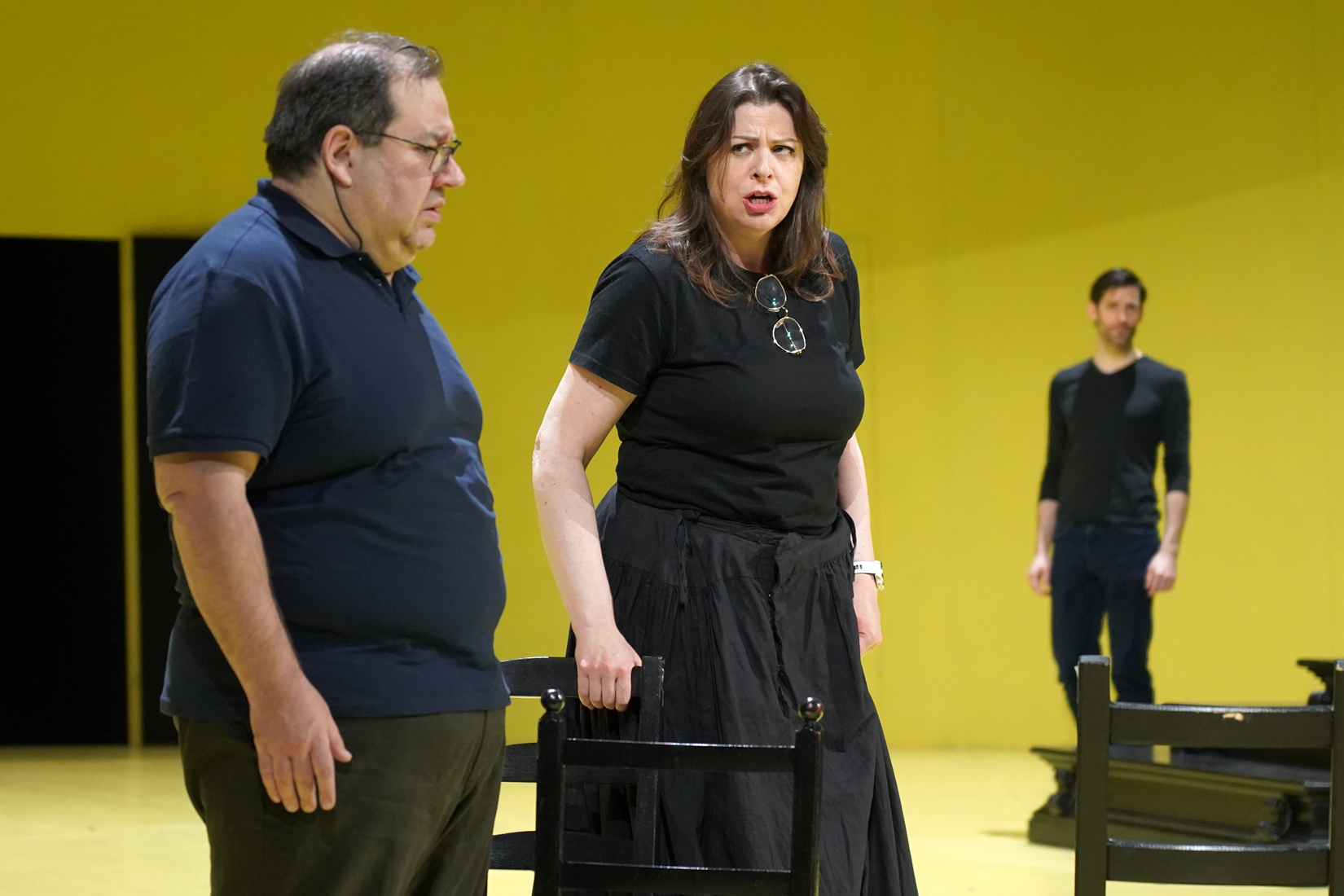
The scene, at the same time, is divided into two heights, another of Vick's usual conventions: the choir occupies an upper level from end to end of the stage, and when it intervenes, it's as if it bursts in unexpectedly, creating a new situation of agitation and speed. When Verdi wrote Un ballo in maschera, he was already enjoying significant success due to the popularity of the numerous works he had composed: Nabucco (1842), Macbeth (1847), Rigoletto (1851), Il trovatore (1853), La traviata (1853), among others.
In this position, he only aspired to seek new and bold musical themes from a powerful story, in this case, the assassination of the King of Sweden, Gustav III, in 1792, during a masquerade ball. Envy and conspiracies, mixed with romantic passions, politics, jealousy, revenge, and the final forgiveness converge in a masterpiece by Verdi.
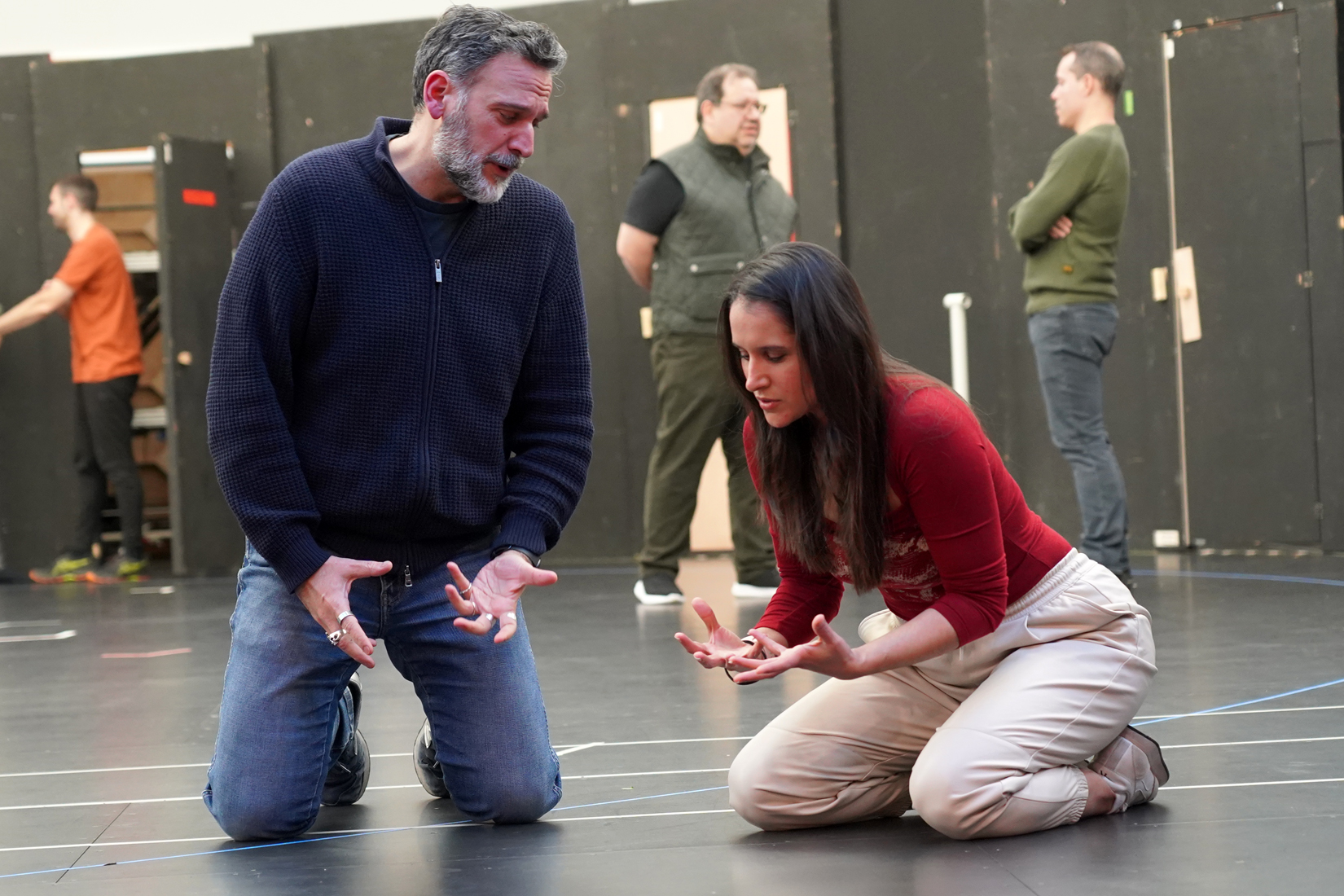
In Naples, the opera aroused the anger and prohibitions of censorship: one could not assassinate a king on stage, there were difficulties in depicting scenes of witchcraft, in the face of infidelity, there had to be remorse, and the conspirators had to hate the duke for hereditary reasons... thus, the composer was forced to make significant adaptations and transport the plot from Sweden to late 17th-century Boston.
The maestro who will conduct the orchestra is a well-known figure to the Liceu audience and an accomplished Verdi specialist, Riccardo Frizza. Under his baton, there will be an ensemble of extraordinary singers. The principal roles in Un ballo in maschera will have two alternating voices: the English-born Italian Freddie de Tommaso, one of the great revelations of recent years and one of the most spectacular tenors of this decade, will share the lead role of Riccardo with the Mexican Arturo Chacón-Cruz, a veteran specializing in light lyric roles to which he applies a necessary touch of strength.
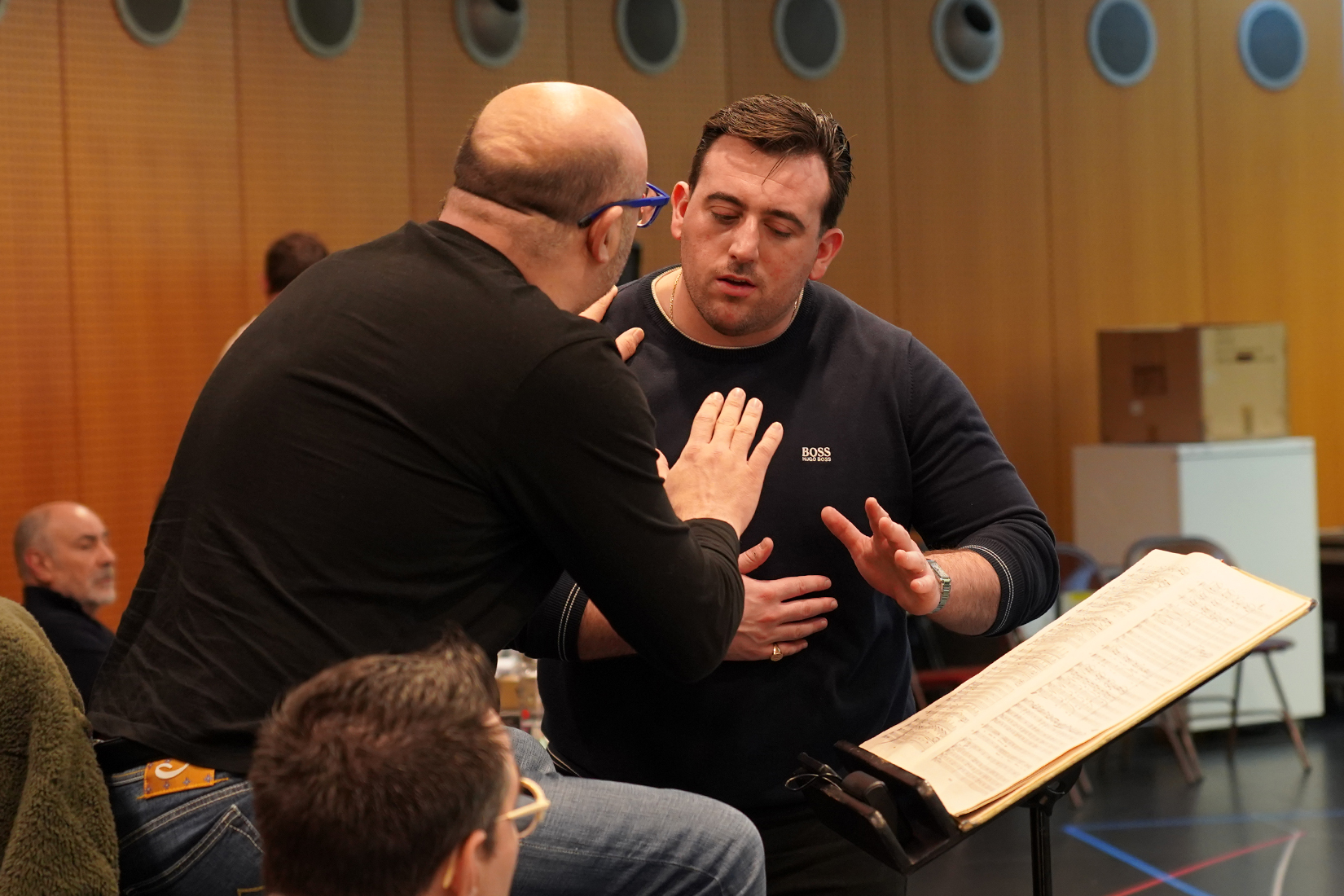
The antagonist to Riccardo, Renato, written for a baritone voice—the classic Verdi villain with a velvety yet grave voice—will be portrayed by two young singers with the perfect touch of maturity, the Polish Artur Ruciński and the Italian Ernesto Petti. Amelia, the female protagonist, will be sung by two well-known dramatic sopranos for the Barcelona audience, the Italian Anna Pirozzi and the Madrilenian Saioa Hernández. Ulrica, a role for a deep voice, will be tackled by two seasoned mezzo-sopranos with widely contrasting powers, Daniela Barcellona and Okka von der Damerau. The comic character Oscar, Riccardo's page, written for coloratura soprano, will also be entrusted to two elastic and expressive voices, those of Sara Blanch and Jodie Devos.
The rest of the characters in all performances will be played by the following singers: Silvano, one of the members of Riccardo's court, will be sung by the baritone David Oller; and the conspirators Samuel and Tom will be portrayed, respectively, by Valeriano Lanchas and Luis López Navarro.
A well-balanced cast, providing assurance and enabling the elevation of this challenging endeavor that is Un ballo in maschera to the highest level.

